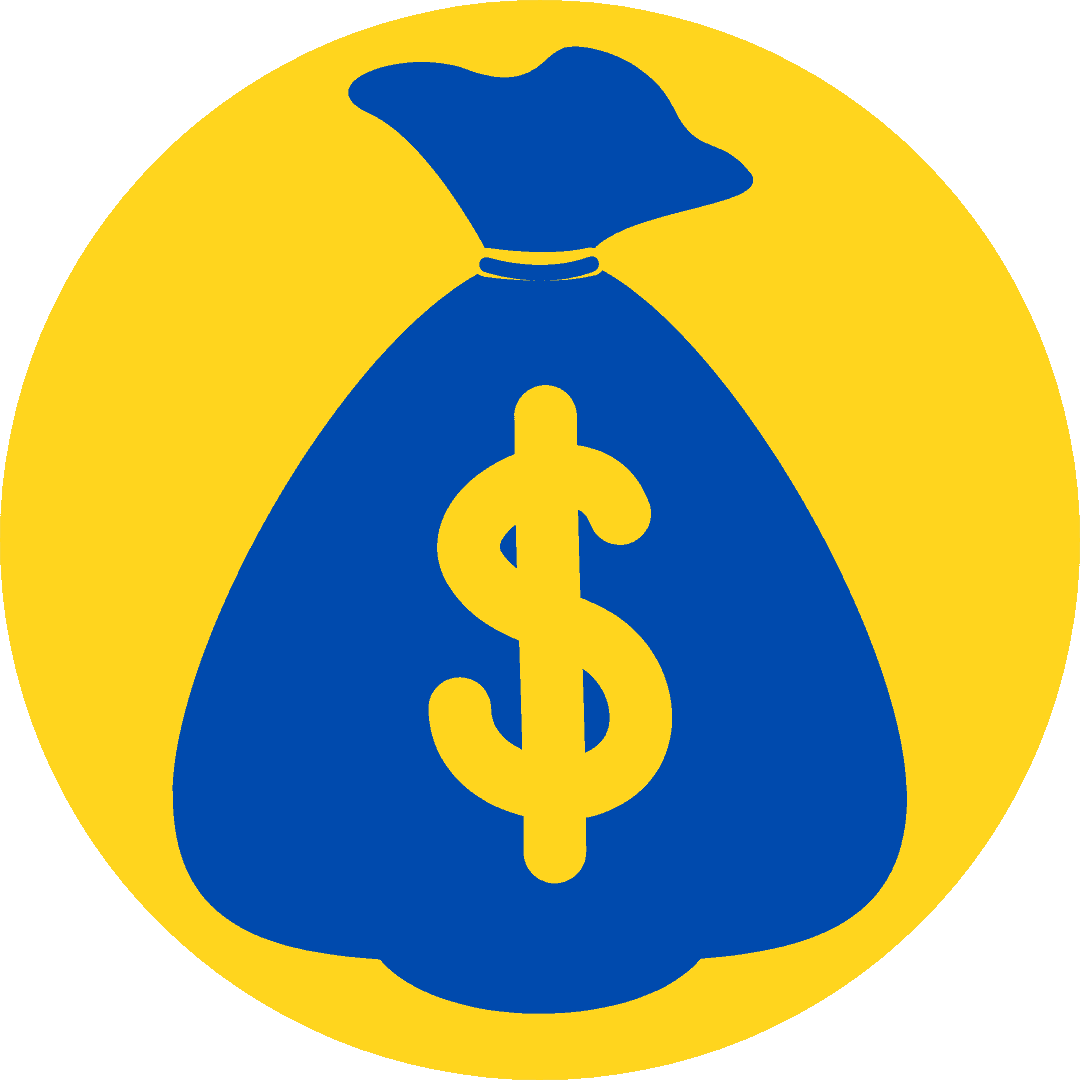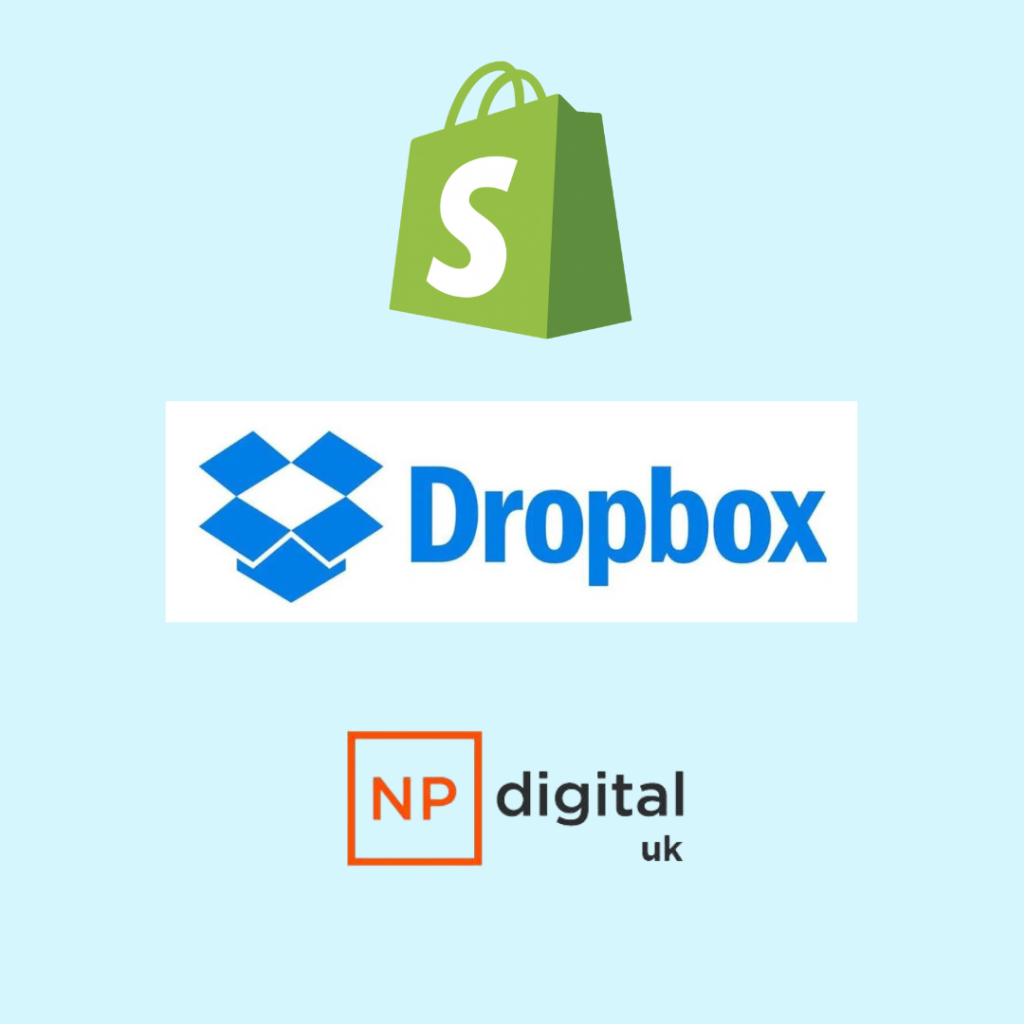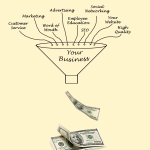Understanding how successful companies design and implement their sales funnels can offer invaluable insights for improving your own business strategies. By examining real-world examples, we can uncover the elements that contribute to an effective sales funnel and learn how to apply these lessons to enhance our own processes. Here are three case studies of companies that have mastered their sales funnels:
Shopify
Shopify, a leading e-commerce platform, provides a compelling example of a successful sales funnel. Their approach is both strategic and practical:
- Awareness Stage: Shopify attracts potential customers through a robust content marketing strategy. They produce an array of valuable resources, including blog posts, guides, and eBooks that address various aspects of e-commerce, SEO, and online marketing. This content helps Shopify reach a wide audience and establish itself as a thought leader in the industry. Additionally, they use social media platforms and paid advertisements to further expand their reach.
- Interest Stage: Once potential customers become aware of Shopify, they are encouraged to sign up for a free trial. During this phase, Shopify employs email marketing to nurture these leads. They send informative emails that include tips, success stories, and invitations to webinars, which keep potential customers engaged and informed about the benefits of their platform.
- Decision Stage: To assist prospects in making an informed decision, Shopify provides detailed product information, including comprehensive feature lists, pricing options, and comparisons with competing platforms. They also leverage case studies and testimonials from successful users to build trust and credibility.
- Action Stage: Shopify ensures a seamless sign-up and onboarding process. The user experience is streamlined to make it as easy as possible for new customers to get started. Excellent customer support is also a key component, offering assistance and ensuring that new users can effectively use the platform.
Key Takeaway: Shopify’s success illustrates the power of content marketing and a smooth onboarding process. By providing valuable content and making the user experience as effortless as possible, Shopify effectively moves prospects through their sales funnel.
Dropbox
Dropbox, a popular cloud storage service, demonstrates how a simple yet effective sales funnel can drive success:
- Awareness Stage: Dropbox initially utilized a viral referral program to boost awareness. Existing users were incentivized to invite friends in exchange for additional storage space. This approach created a viral loop, rapidly increasing the number of new users and expanding Dropbox’s reach.
- Interest Stage: The company focuses on educating potential users about the benefits of cloud storage through its website and email campaigns. They use clear and concise content, including explainer videos, to illustrate how Dropbox can simplify users’ lives and meet their storage needs.
- Decision Stage: Dropbox offers free trials of its premium plans, allowing users to experience the full range of features before making a financial commitment. They also showcase customer reviews and success stories to build confidence and encourage users to upgrade.
- Action Stage: The sign-up process is designed to be straightforward and user-friendly. Dropbox provides comprehensive onboarding support, including tutorials and responsive customer service, to help new users transition smoothly to paid plans.
Key Takeaway: Dropbox’s strategy highlights the effectiveness of a referral program combined with free trials. These elements not only drive initial awareness but also facilitate user conversion and retention.
Neil Patel
Neil Patel, a renowned digital marketing expert, offers another insightful example of a successful sales funnel:
- Awareness Stage: Neil Patel employs a range of tactics to attract potential clients, including highly optimized content on his blog, engaging videos, and webinars. His content is designed to address specific pain points and offer actionable insights, drawing a targeted audience interested in digital marketing strategies.
- Interest Stage: Patel uses lead magnets such as free resources, including eBooks and guides, to capture email addresses and build his email list. He also offers webinars and online courses to keep leads engaged and demonstrate his expertise.
- Decision Stage: Neil Patel provides detailed information about his consulting services and tools, including case studies and client testimonials. This information helps prospects understand the value of his offerings and how they can benefit their own businesses.
- Action Stage: The conversion process is streamlined to encourage action. Patel offers free consultations and provides clear calls to action throughout his content, making it easy for prospects to take the next step.
Key Takeaway: Neil Patel’s approach underscores the importance of providing valuable content and using lead magnets to nurture leads. By offering free resources and demonstrating expertise, he effectively guides prospects through the sales funnel.
Conclusion
These case studies highlight various strategies that successful companies use to optimize their sales funnels. From content marketing and referral programs to free trials and seamless onboarding processes, these elements play a crucial role in attracting, engaging, and converting prospects. By analyzing and applying these strategies, businesses can enhance their own sales funnels and achieve greater success.



